Malaria vaccine: immunity in Tanzanian children raise hopes
US scientists find 'compelling evidence' that antibodies can combat the 'formidable' disease
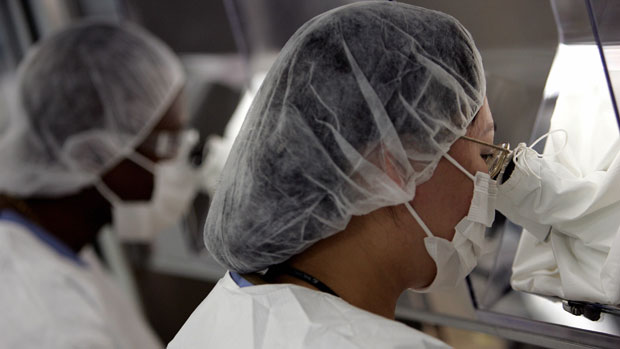
A free daily email with the biggest news stories of the day – and the best features from TheWeek.com
You are now subscribed
Your newsletter sign-up was successful
Scientists are working on a new vaccine for malaria – with help from a group of Tanzanian children who are naturally immune to the disease.
US researchers took regular blood samples from 1,000 children in the first years of their lives and found that around six in every 100 developed immunity to malaria.
The antibody produced by those children, which attacks the malaria-causing parasite, has been found to protect mice from the disease when injected into the animals.
The Week
Escape your echo chamber. Get the facts behind the news, plus analysis from multiple perspectives.

Sign up for The Week's Free Newsletters
From our morning news briefing to a weekly Good News Newsletter, get the best of The Week delivered directly to your inbox.
From our morning news briefing to a weekly Good News Newsletter, get the best of The Week delivered directly to your inbox.
The results, which have been published in Science magazine, suggest this antibody could act as a potential vaccine. However, scientists want to carry out trials on monkeys and humans first.
"The animal that kills the most humans worldwide isn't the shark, lion, or grizzly bear: it's the mosquito," says Science. The World Health Organisation suggests the disease killed more than 600,000 people in 2012, with 90 per cent of these deaths occurring in sub-Saharan Africa and most of them children under five.
Despite the best efforts of researchers, no vaccine has yet been developed. But the antibody found in the immune children hits the malaria parasite at a key stage in its life-cycle, say the researchers, trapping the tiny organism in red blood cells to prevent it from bursting out and spreading through the body.
The mice injected with the antibody survived twice as long as those who were not vaccinated and, in one trial, had only one quarter of the parasites found in untreated mice.
A free daily email with the biggest news stories of the day – and the best features from TheWeek.com
Prof Jake Kurtis, director of the Centre for International Health Research at Rhode Island Hospital, Brown University, said: "I think there's fairly compelling evidence that this is a bona fide vaccine candidate.
"However it's an incredibly difficult parasite to attack. It's had millions of years of evolution to co-opt and adapt to our immune responses – it really is a formidable enemy."
Prof Kurtis added that he was "cautious" but said he had seen "nothing so far in our data that would cause us to lose enthusiasm".
-
 Political cartoons for February 16
Political cartoons for February 16Cartoons Monday’s political cartoons include President's Day, a valentine from the Epstein files, and more
-
 Regent Hong Kong: a tranquil haven with a prime waterfront spot
Regent Hong Kong: a tranquil haven with a prime waterfront spotThe Week Recommends The trendy hotel recently underwent an extensive two-year revamp
-
 The problem with diagnosing profound autism
The problem with diagnosing profound autismThe Explainer Experts are reconsidering the idea of autism as a spectrum, which could impact diagnoses and policy making for the condition
-
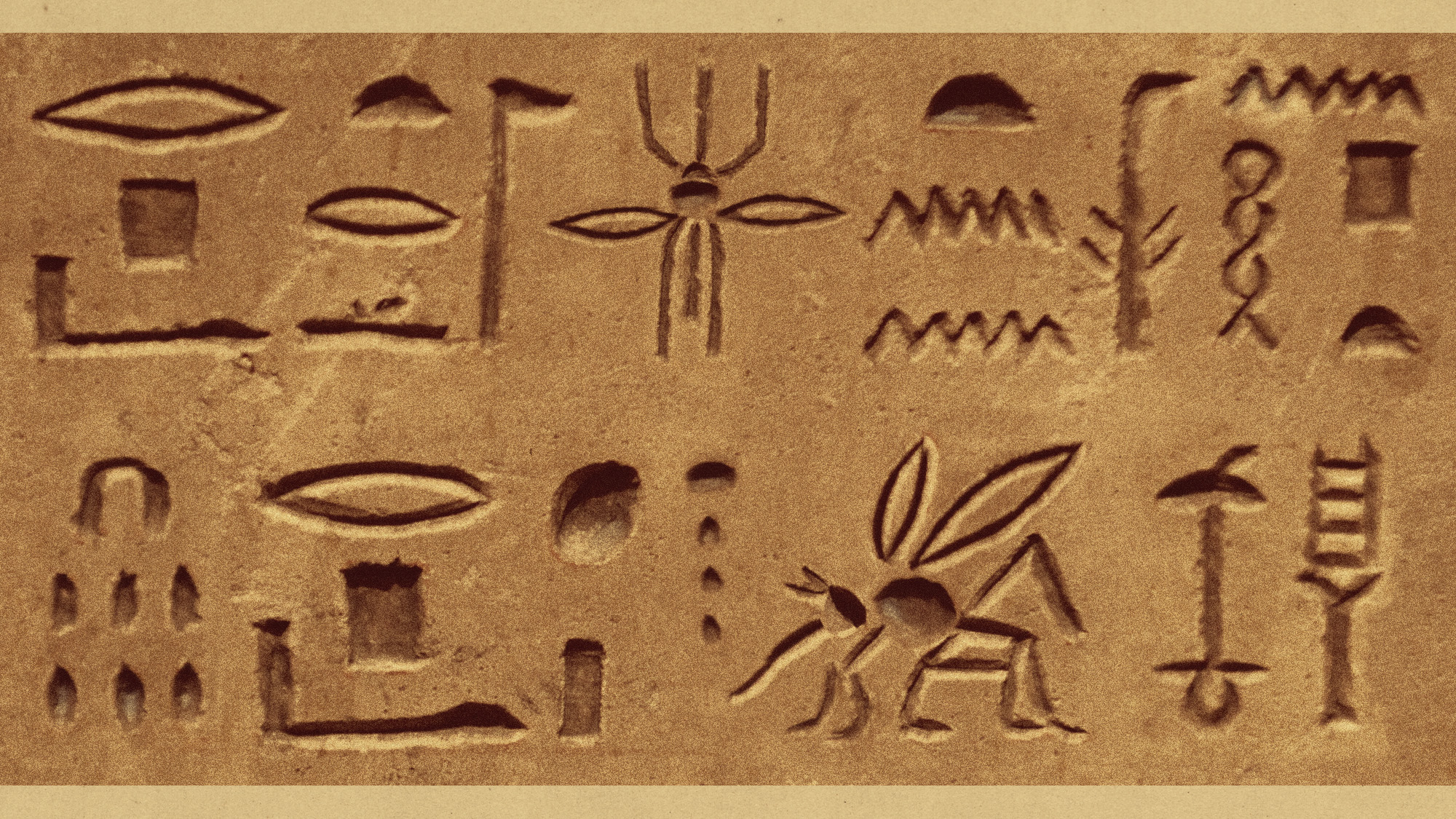 No more bugging: how Egypt became certified malaria-free
No more bugging: how Egypt became certified malaria-freeUnder the radar It was a century-long effort
-
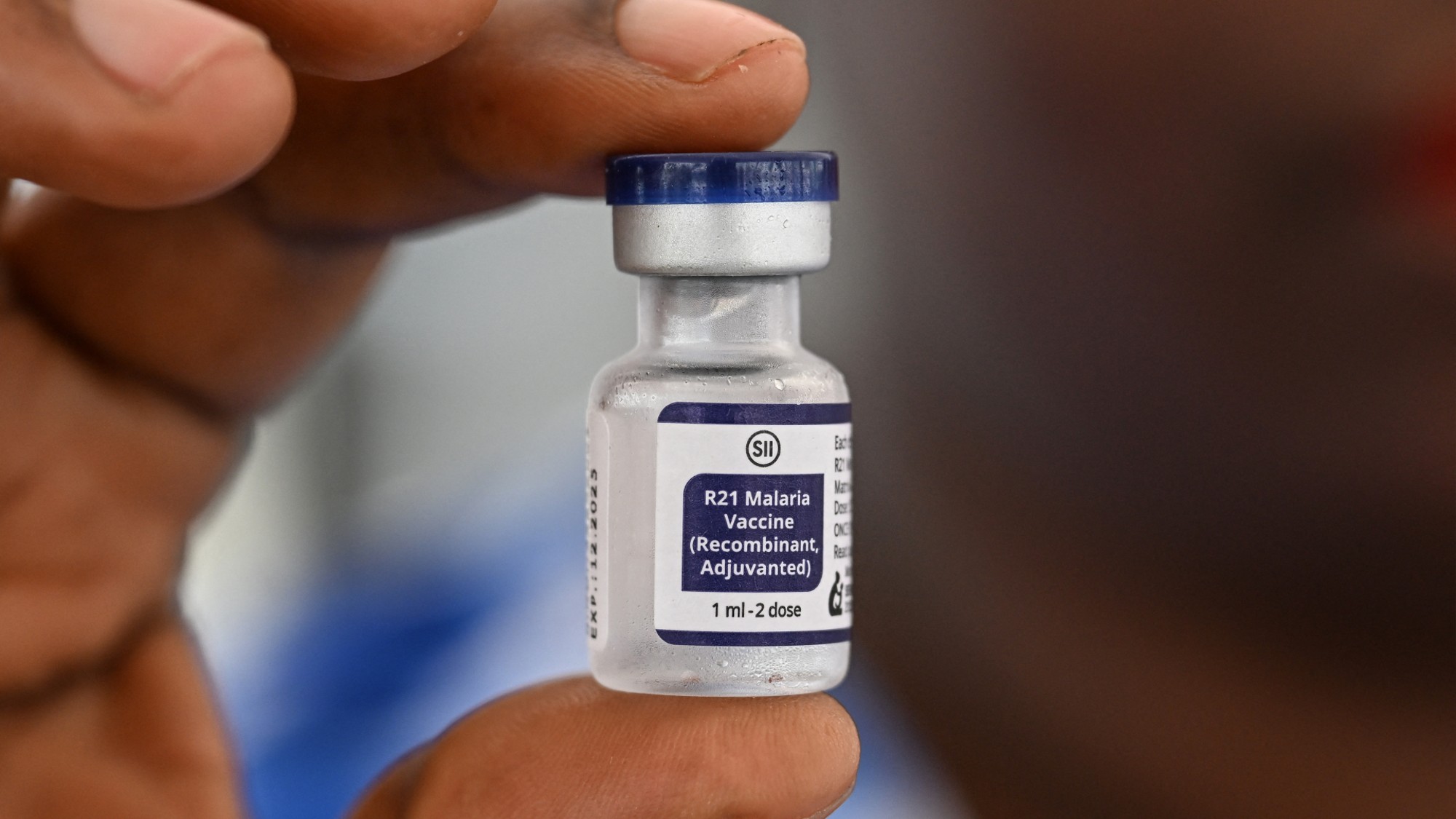 Have we defeated malaria?
Have we defeated malaria?The Explainer Roll-out of low-cost vaccine means a world free from disease that claims 600,000 lives a year 'finally within sight'
-
 Roll-out of affordable malaria vaccine begins
Roll-out of affordable malaria vaccine beginsSpeed Read R21 is approved for babies and may save hundreds of thousands of lives
-
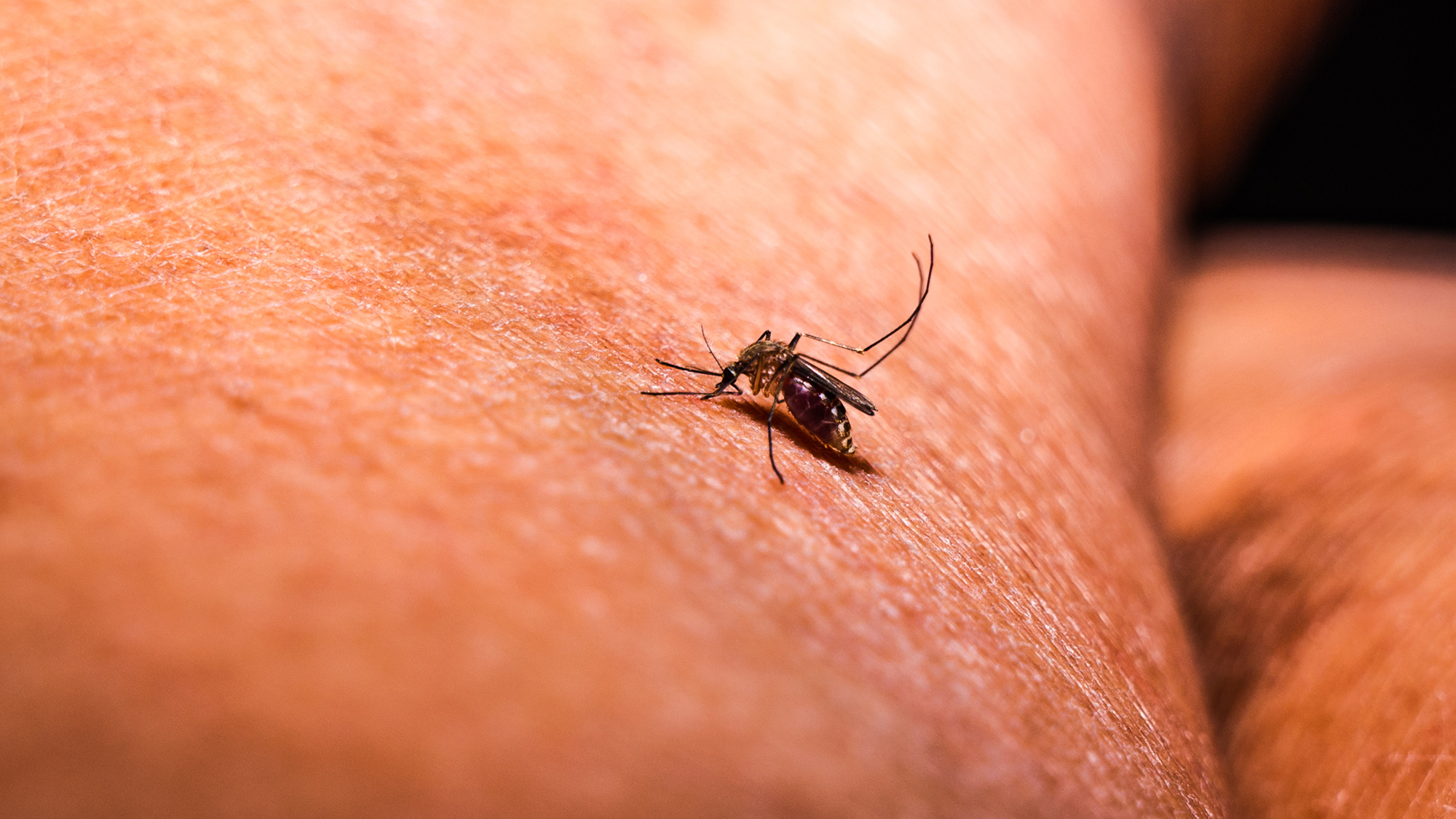 The fight against malaria
The fight against malariaThe Explainer After declining for decades, deaths from the disease are suddenly on the rise. What’s changed?
-
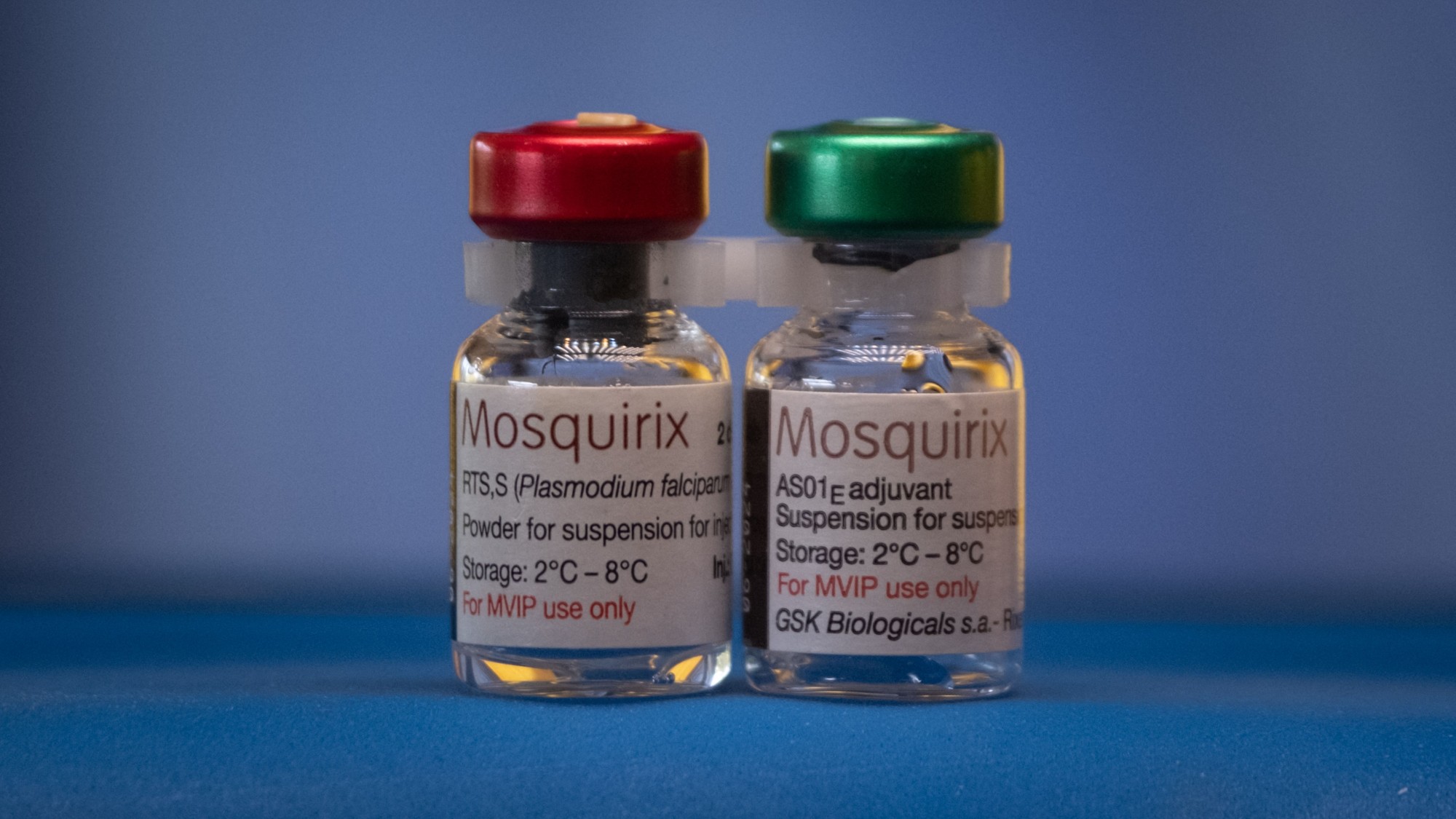 Malaria is spreading, but we can stop it
Malaria is spreading, but we can stop itThe Explainer Climate change is hastening the disease but medicine is catching up
-
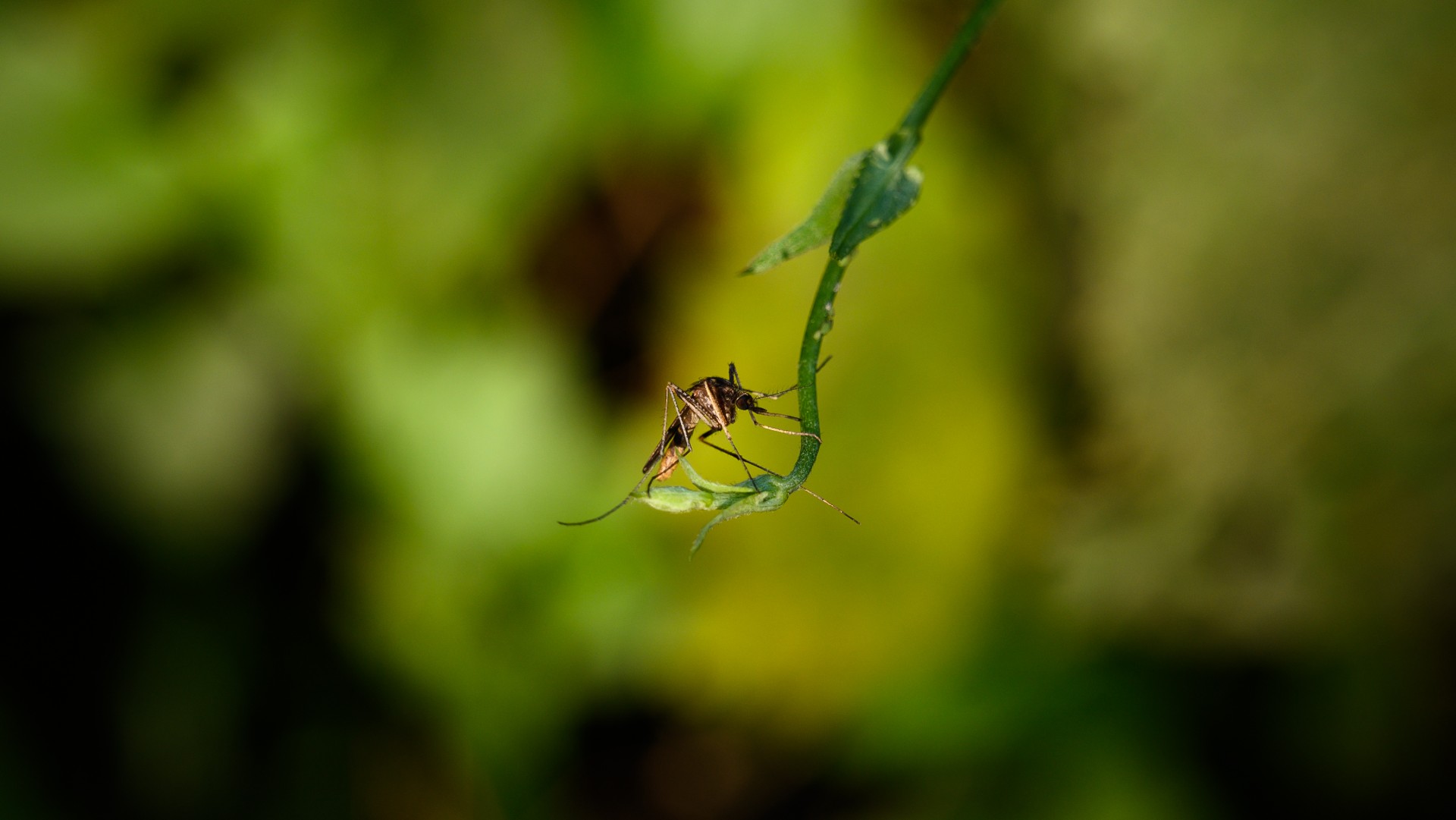 The taming of Malaria
The taming of Malariafeature Distribution of vaccines a ‘challenge’ and costs ‘considerable’ but rollout still marks landmark moment in history
-
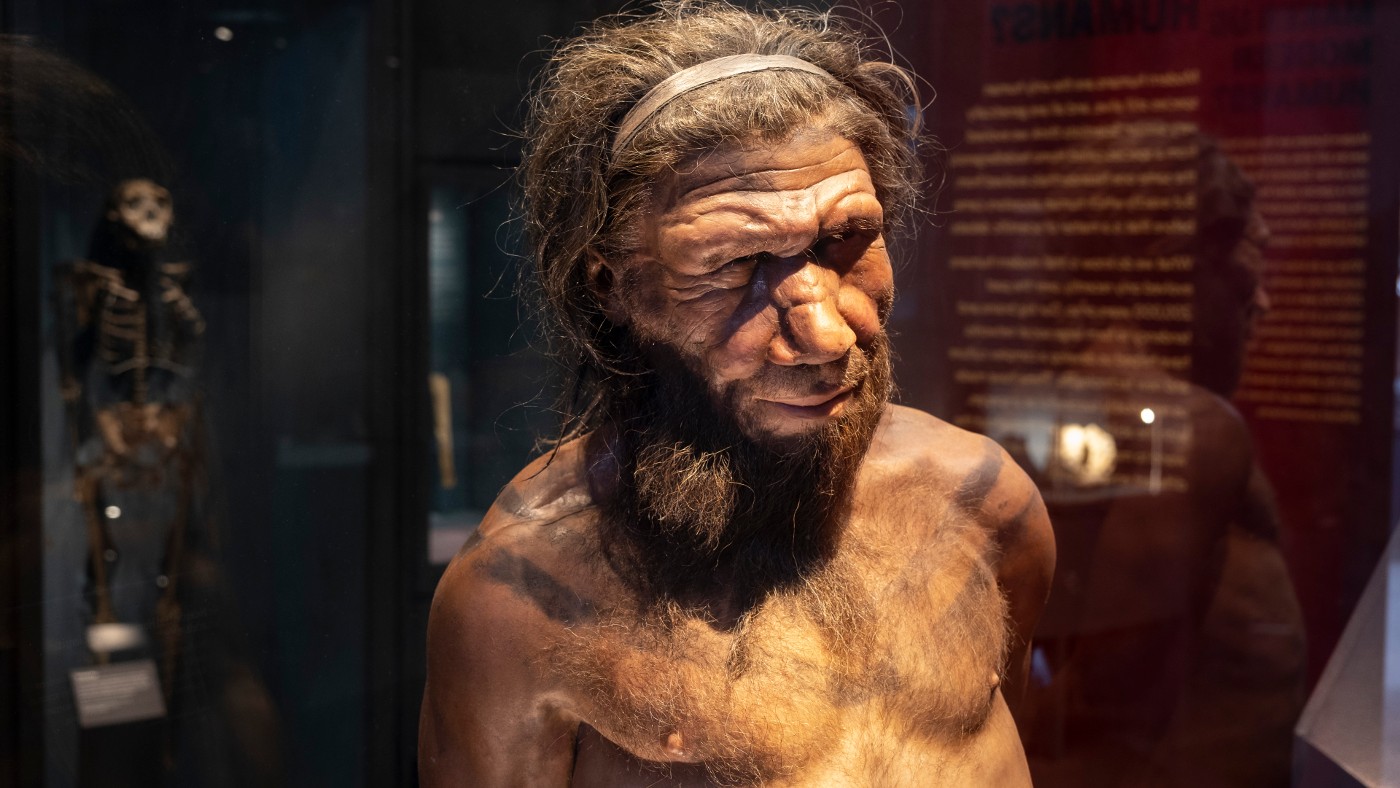 Neanderthal gene ‘caused up to a million Covid deaths’
Neanderthal gene ‘caused up to a million Covid deaths’Speed Read Genetic tweak found in one in six Britons means cells in the lungs are slower to launch defences
-
 Legalising assisted dying: a complex, fraught and ‘necessary’ debate
Legalising assisted dying: a complex, fraught and ‘necessary’ debateSpeed Read The Assisted Dying Bill – which would allow doctors to assist in the deaths of terminally ill patients – has relevance for ‘millions’